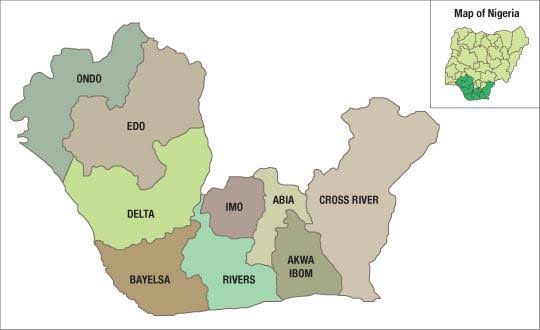Artificial intelligence may be coming for your job.
Researchers from OpenAI and the University of Pennsylvania argued in a new research paper that AI could soon be shaking up some fields following the rise of ChatGPT, a shockingly intelligent chatbot released in November.
Researchers argued that 80 percent of the US workforce could have at least 10 percent of their work tasks affected by the introduction of ChatGPT.
They also found that about 19 percent of workers may find at least 50 percent of their duties impacted by GPT, or General-purpose technologies.
Researchers also found that higher-income jobs will likely have greater exposure to GPT, but that it will span across almost all industries.
The paper examines “exposure” of work tasks to AI “without distinguishing between labor-augmenting or labor-displacing effects.”
Within the study, researchers defined “exposure” as a measure of whether access to a GPT or GPT-powered system would reduce the time it takes for a human to perform a work task by at least 50 percent.
Researchers stressed that exposure doesn’t equate to tasks being fully automated by GPT, but that the technology could save workers “a significant amount of time completing a large share of their tasks.”
The study found that mathematicians, interpreters, accountants, legal secretaries, writers and authors are some of the jobs to have the highest levels of exposure.
At the other end of the spectrum, more low-paying jobs like rail maintenance workers, cooks, mechanics, floor-layers, meat-packers and stonemasons had no exposure.
Open AI researcher Pamela Mishkin highlighted the research in a Twitter thread, writing: “Today’s GPTs can do a lot. Over the past few years we’ve seen them get better and better at solving more and more complex tasks with fewer and fewer examples of less and less related tasks.”
She added: “The paper examines this trend not any particular model available today.”



Connect with us on our socials: